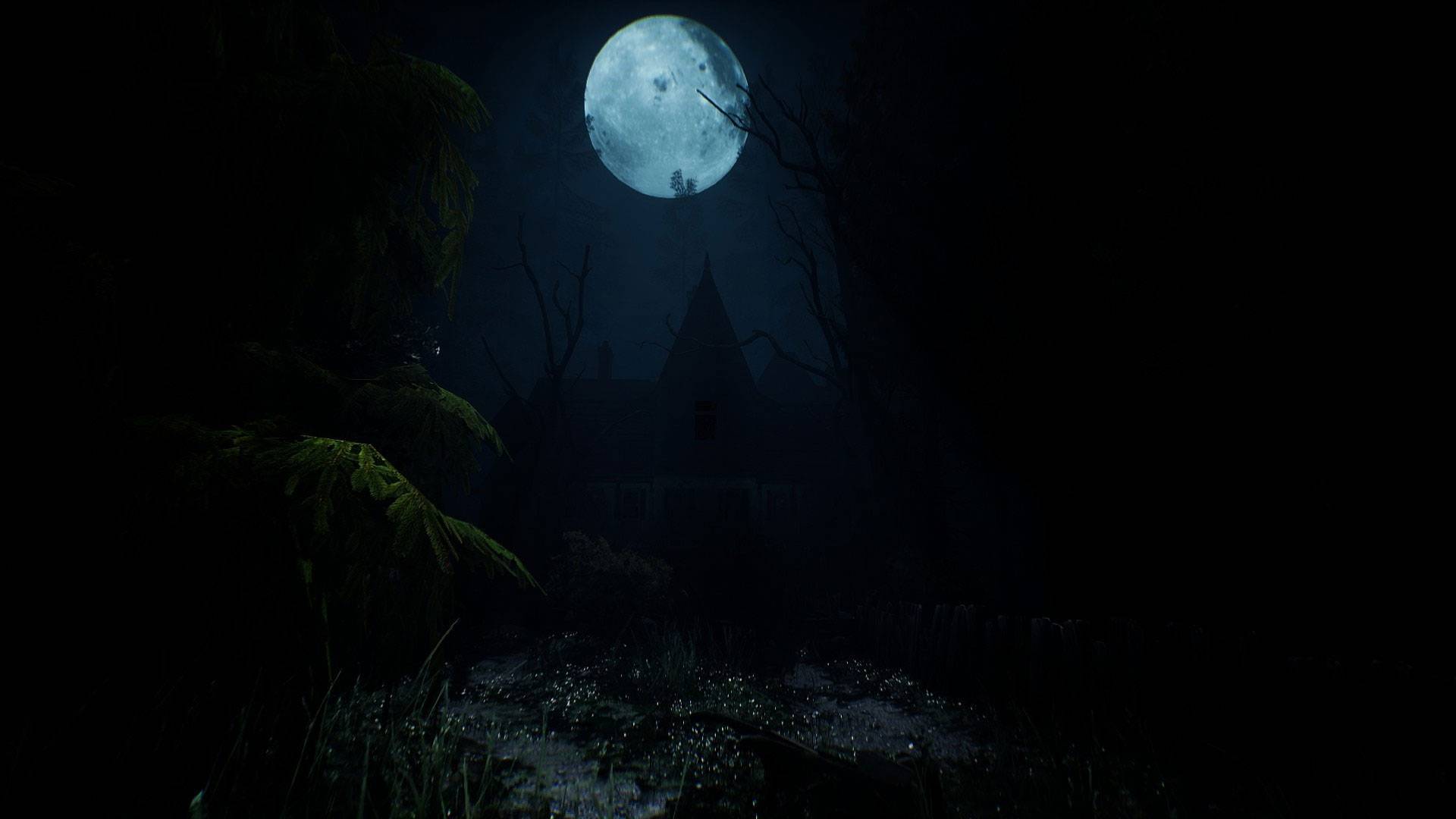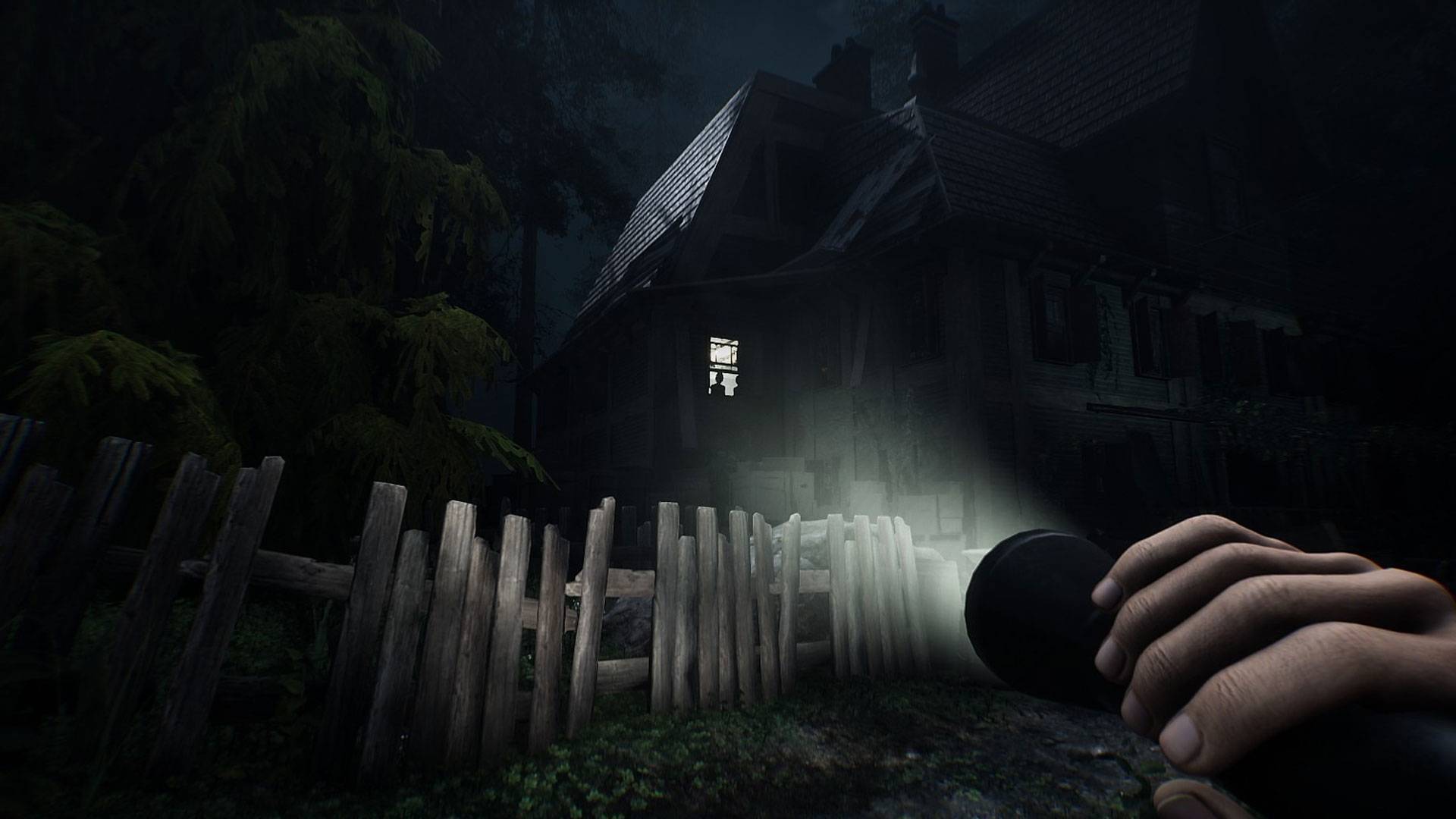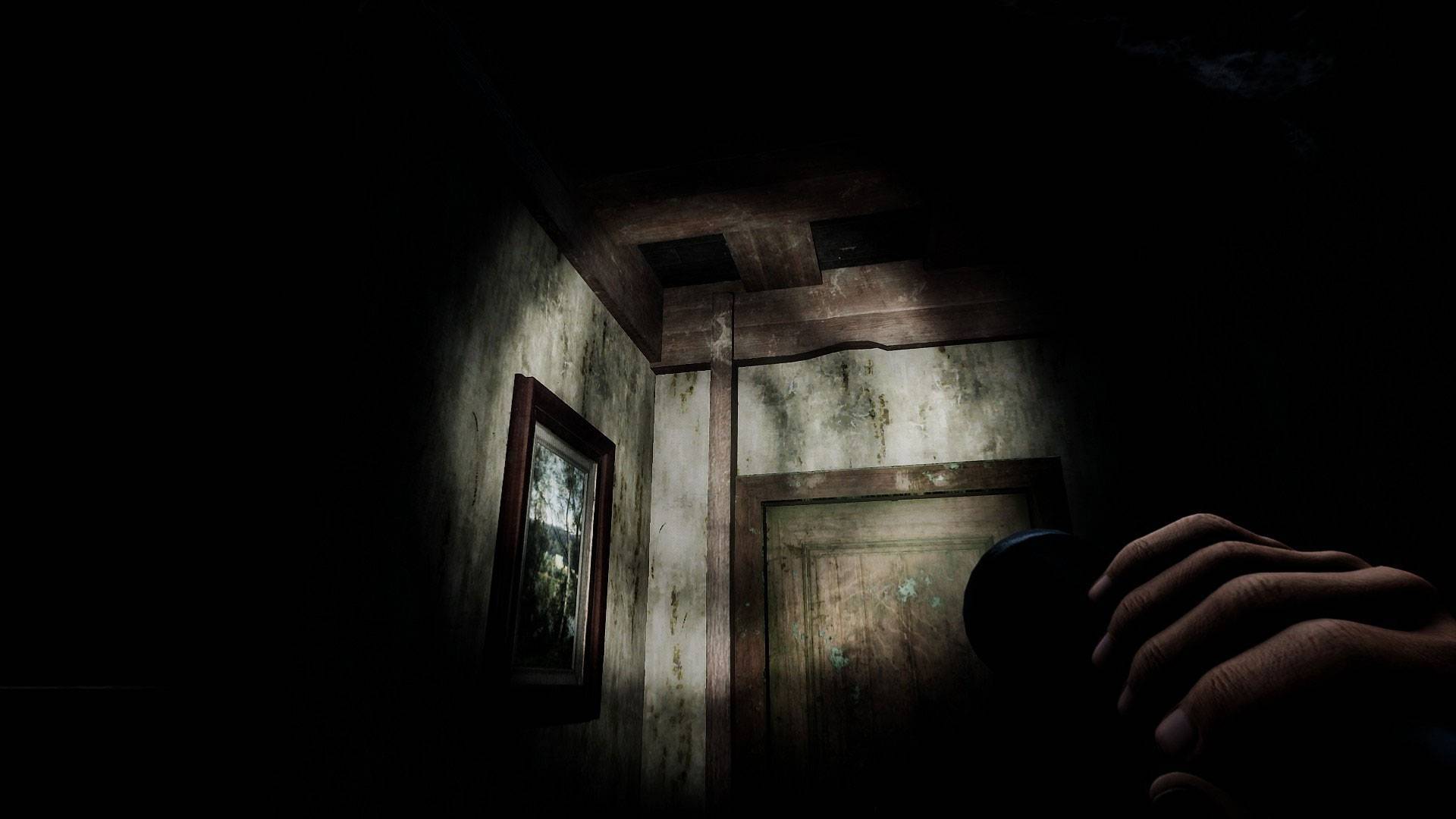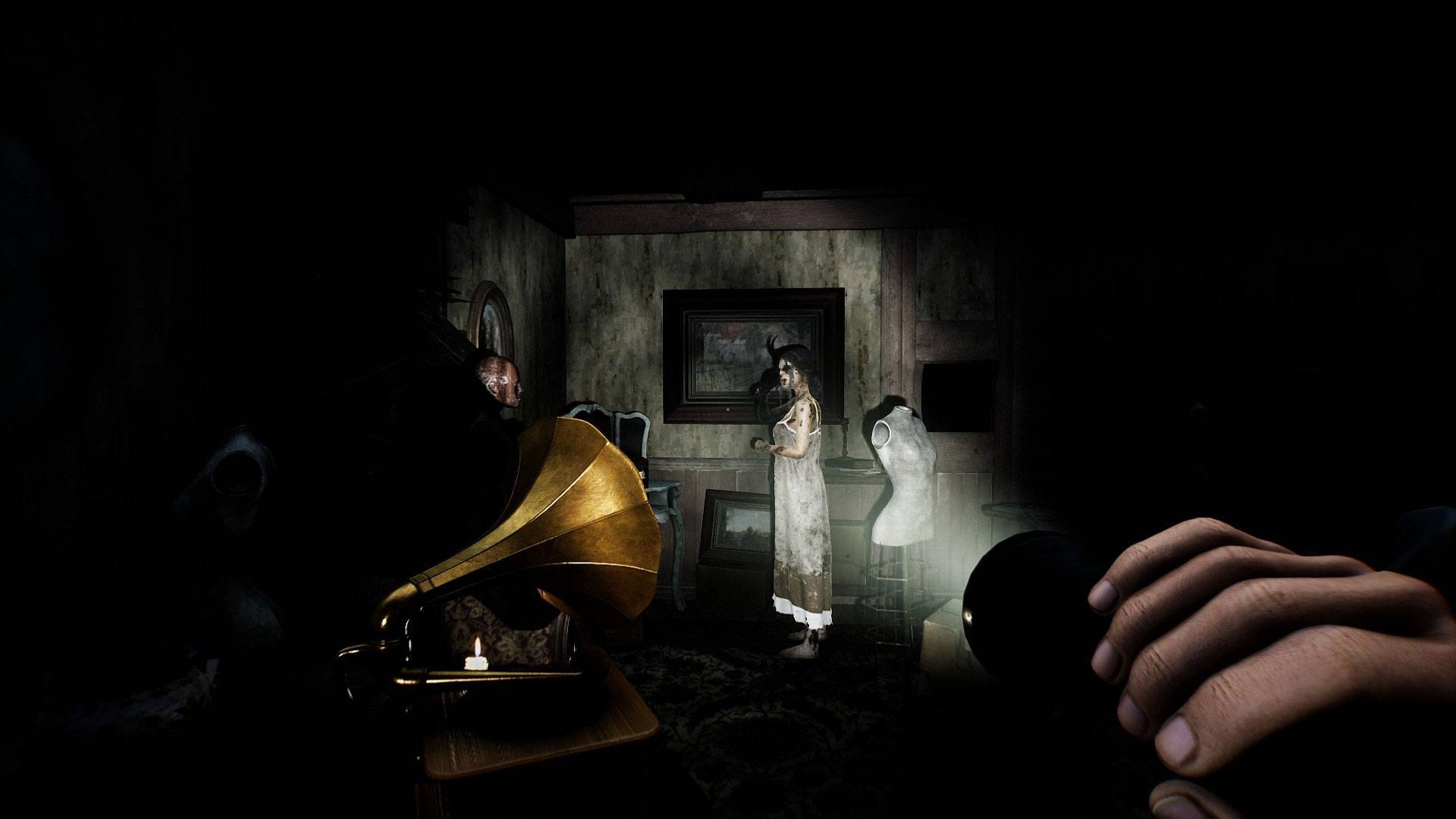Lunacy: Saint Rhodes Review
PC
Lunacy: Saint Rhodes went through development hell, emerging on the other side as a fun experience although lacking a little polish.
Reviewed by MariDead on Jul 30, 2023
Announced in 2018, Lunacy: Saint Rhodes has had quite the road to release as it passed through multiple developers before landing with Stormling Studios, a developer based in Turkey. Their previous game was a well-received adventure puzzle game that allowed the studio to gain a lot of experience creating puzzles that could be used for their newest horror title. Transient, their last game, also gave them a lot of experience with Unreal Engine, which they also used for Lunacy: Saint Rhodes, giving them a lot of experience going in.
As Lunacy: Saint Rhodes went through multiple developers, this did bring certain issues when it came to the overall polish of the game. The initial release date was scheduled for 2019 and was pushed back to 2020, and was eventually released in July of 2023. While the game has thankfully not been broken by different ideas changing the core mechanics and story, there is some lack of polish. It should be noted that despite the development hell this game went through, there are some fantastic horror elements and a fun story to be enjoyed.

Lunacy: Saint Rhodes tells the story of one, George Rhodes, who awakes to a phone call from a detective needing to search the house belonging to his parents. The home was the scene of a crime years before. George, being intrigued by the history of his family home, chooses to explore the house himself first, throwing himself and the player into a whirlwind of mystery that must be untangled. As the town of St Rhodes and the house within it is explored by the player, it will change, becoming stranger and more haunting.
In the vein of many recent horror games, Lunacy: Saint Rhodes has the protagonist approach the horrors they are about to face on the outskirts of an abandoned-looking village before making their way to the house. There is a thunderstorm raging through the town; the atmosphere is instantly set for the game, and the horror setting is sinking in place at once. The opening is also when the player has the chance to learn the basic workings of the game, namely how to run, crouch and, most importantly, clean your glasses. While seemingly a small feature, I found the glasses to be one of my favourite additions to the game, really setting it apart from other games in the genre.
George Rhodes is one of the first experiences I have had of a protagonist in glasses. George has to wipe rain and dust off his glasses when they get dirty during the game. Sections where his vision is obstructed, were particularly reminiscent of Outlast when the camera broke, leaving the player barely able to see. Moments like this in Lunacy: Saint Rhodes increases the tension as a large part of the screen will be very obscured. The player will also have to clean their glasses later in the game if they are injured by one of the pursuer enemies that follow the protagonist later in the game.

These enemies vary in the quality of their implementation within Lunacy: Saint Rhodes. Some of the shadowy foes that are the early enemies in the opening can only be evaded by running away. The option of fighting being completely removed for the player is a very effective way of building tension. There is little that compares to the terrifying feeling of being hunted down with nothing to defend yourself with. This being the focus so much in the early game is very effective during the exploration sections of the game and is particularly good as re-entering a room that you know you have been recently chased out of creates an absolutely horrifying pit of anticipation in a player's gut.
These early sequences are where Lunacy: Saint Rhodes truly shines. Exploring and backtracking is a staple of the survival horror genre, and when it is done badly, it can completely ruin what might have been an otherwise great experience. The whole time a horror game feels like a walking sim, it is doing it more than wrong. Lunacy: Saint Rhodes avoids this fate by implementing a few simple and effective tricks.
Firstly, there is never backtracking without purpose. You are not sent on a wild goose chase; you only need to return to an area once new paths have been unlocked. Either that or once you have gained a way to explore the area in a new way, I will get back to this point a little later. Secondly, when the player is being pursued, it is often in a herding motion that can lead the player into an unknown area meaning the player feels a distinct lack of control as they explore. Finally, Lunacy: Saint Rhodes implements similar tactics to the Layers of Fear 2023 Remake, with rooms changing in the time it takes for the player to enter and leave.
The rooms changing again takes control away from the player, creating unease and fear in them. When I would walk into a room to pick up an object and know it was changing around me, it was one of the most unnerving parts of the game. It also meant I no longer knew the way to a place I knew, well hoped, was safe. Re-exploring areas in a new way, see I did say I would get back to it; it mostly takes place once the player has gained a crystal that can be used to stun enemies, now allowing for further explanation.

While this stun can be helpful with some of the earlier enemies, however, as the game progresses, a new foe enters the equation. This new enemy will chase the player and is mostly unaffected by the stun. To start with, this subversion of expectations was an amazing addition. However, it soon became beyond frustrating. The stun lasts less than a second, meaning the enemy starts to feel relentless. In addition to this, the AI does not let up. There are no safe rooms; there isn’t a workable stun. It is just chase after chase.
This is to the point that even distance isn’t a friend, as the AI will teleport to a few rooms away from the player and begin the chase yet again. This leads to the enemy feeling relentless and boring. All fear and tension are removed from this section of Lunacy: Saint Rhodes, as the constant chase isn’t scary; instead, it is just annoying.
Much of the gameplay in Lunacy: Saint Rhodes follows this trend. When it is good, it is fantastic- the tension while exploring, the initial pursuers, and the adapting rooms. However, when it is bad, it can be frustrating and dull. Unfortunately, boring is one of the worst things a survival horror can be. It should be noted that there is a lot more good than bad, the bad just happens to stick in my memory a fair amount.
The graphics in Lunacy: Saint Rhodes are very good on the whole. The designs of many of the enemies are suitably haunting, they fit well within the environment and add to the overall horror of the game. The environments are also very cleanly made; the changing rooms shift into new positions seamlessly behind the player, so no clipping is seen while exploring. The disruptions in the protagonist's vision are also implemented well; the glasses smear, get dusty, and have splattered on them in a very realistic way.

One of the main visual errors in Lunacy: Saint Rhodes is the lighting. There are some sections that are near impossible to navigate because of how dark the screen is. One particular segment in the rain is so dark that the player may be trapped outside for a very long time, being unable to progress. This was particularly frustrating because, in the opening of the game, a similar section was far easier to see. Even in the rain at night, I would explore with reasonable ease, yet as the game went on, this became less and less true.
Lunacy: Saint Rhodes also breaks one of the golden rules of survival horror gaming- to follow the light. Normally when I am unable to find where I must go in horror, I will simply look for a strip or glow of light in the distance. Nine out of ten times, this will be the way to advance; just follow the light to the next objective. However, this was not the case in Lunacy: Saint Rhodes. I could often not even find a light to wander towards and hope I was going the right way. Even with the brightness cranked to near the max, I found, at times, I could not even make out buildings in the dark or rain.
The sound also suffers from this inconsistency in quality that the gameplay and graphics both have been affected by. Many of the atmospheric sound effects are amazing and have been implemented seamlessly and effectively. The sounds of the rain and the player's footsteps are both consistent throughout the game and help create a lot of tension in Lunacy: Saint Rhodes. However, there are few sound effects beyond the rain and footsteps. The hedges barely rustle as you pass, and even some of the scripted events have sound effects that appear to be missing.
This is not always true, however. When first entering the Rhodes home, the player is greeted with the sounds of creaking and crashing up the stairs. The noises clearly move across the floor above as if someone is still in the house with the player. This is wonderfully effective, yet other moments, such as when the main pursuer enemy is introduced, are sadly lacking. They all have a soundscape that has clearly been curated by the dev team; however, the creak of a door or an object colliding with another will often be missing in these moments.

Yet another inconsistency is the voice acting. The voice actor for Rhodes can vary from scene to scene, sometimes even line to line, on the quality of the voice acting. This can be frustrating as a perfectly delivered line can be followed by what should be a scream in terror but instead closer resembles that of a small injured animal.
Lunacy: Saint Rhodes is far from an unenjoyable game, and if you can see past the inconsistencies in the sound effects and are willing to go through some moments of frustrating or boring gameplay, the surrounding elements are very good. The story is well told, and a lot of the gameplay elements can be extremely fun. I was particularly fond of the inclusion of the glasses and their need to be cleaned at various moments of the game. I felt it added a unique element and proved the creativity of the development team behind Lunacy: Saint Rhodes.
Senior Editor, NoobFeed
Verdict
Lunacy: Saint Rhodes is far from an unenjoyable game, and if you can see past the inconsistencies in the sound effects and are willing to go through some moments of frustrating or boring gameplay, the surrounding elements are very good.
70
Related News
No Data.

